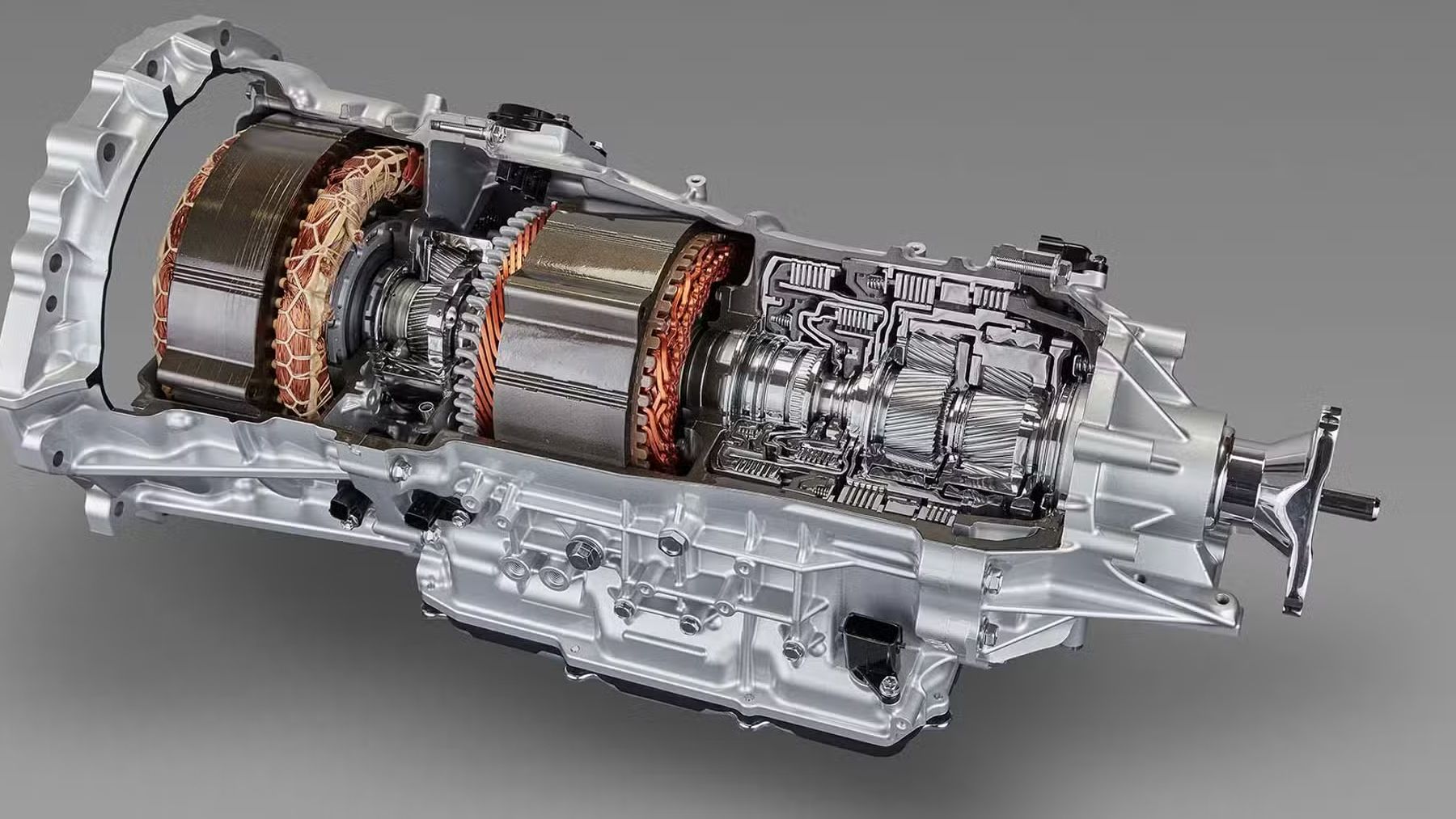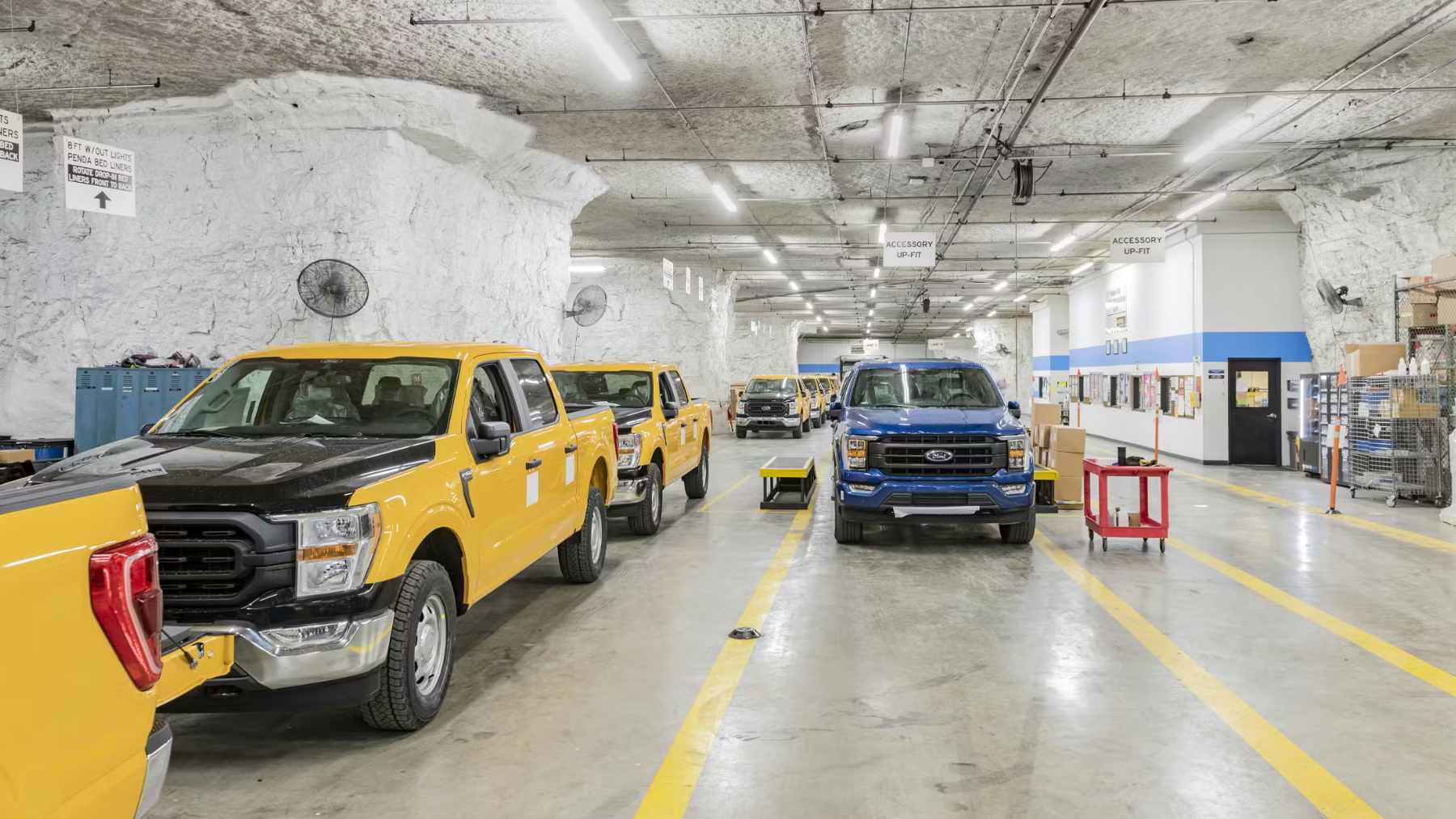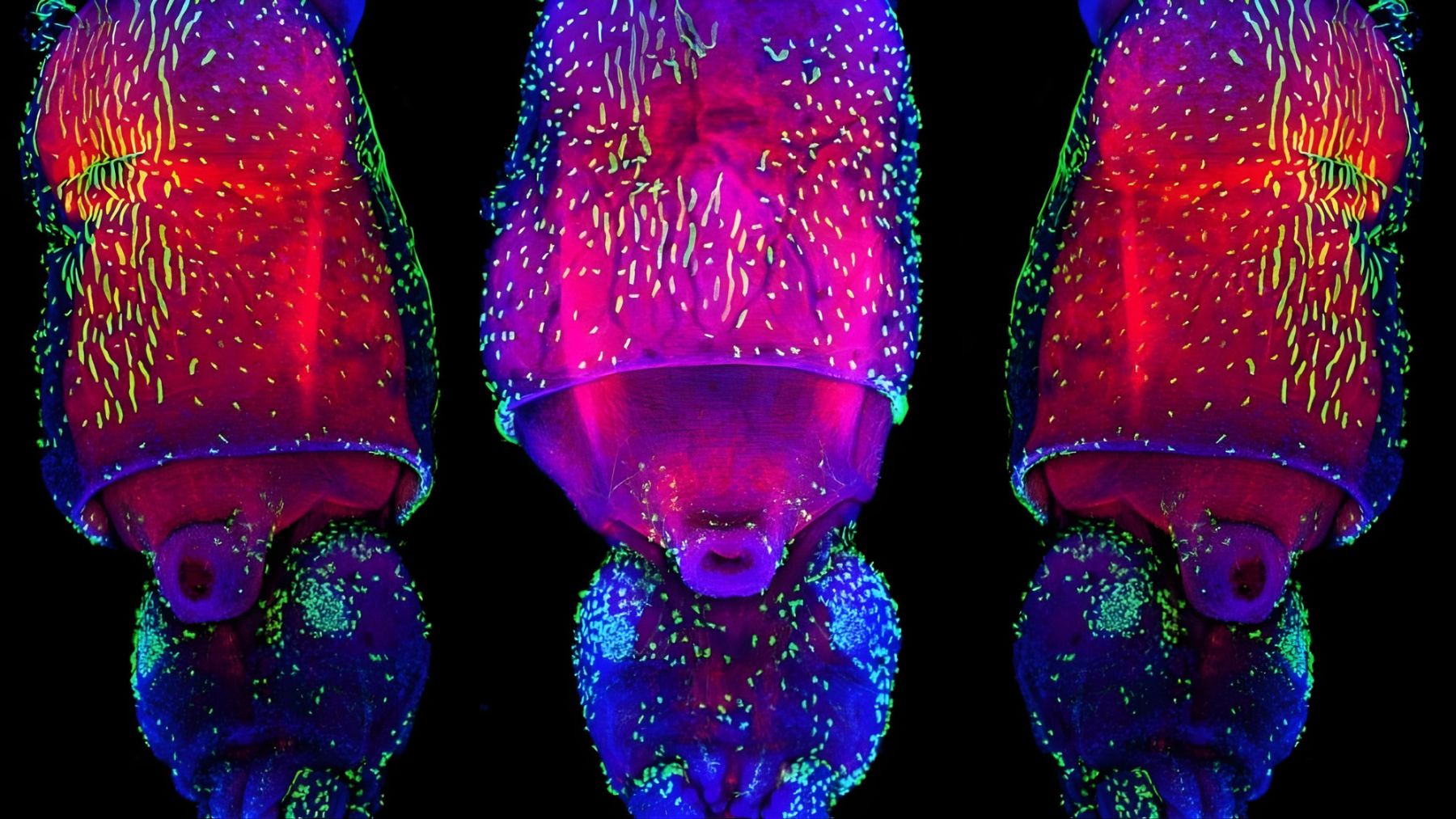Toyota, known for pioneering hybrid technology, is reshaping the future of automobiles. The automaker is waking up from its long-held dream of hydrogen-powered vehicles and is focusing on creating additional futuristic engines to add to their model lineup that merges traditional combustion technology with cutting-edge innovation. The new strategy leans heavily on hybrid powertrains and green fuels, aiming to provide a solution for carbon neutrality while responding to the growing push toward electric vehicles.
Toyota’s hybrid engine reimagined
In an exciting move, Toyota announced its plans to revolutionize the internal combustion engine by adapting it to work in harmony with electric motors. Rather than completely abandoning combustion engines in favor of fully electric vehicles, Toyota is focusing on a including a hybrid approach. The electric motor will serve as the primary power source, but a newly designed lean and compact engine will assist with performance and efficiency. This new engine will run on green fuels such as hydrogen and bioethanol, blending the benefits of eco-friendly fuel with the power and versatility of hybrid technology.
The shift in strategy comes as Toyota acknowledges the dominance of electrical vehicle manufacturers like Tesla and China’s BYD. However, Toyota believes that their revamped engine technology will be a game-changer, allowing them to remain relevant in a world that’s transitioning to cleaner energy sources. The new hybrid approach provides a compromise—cleaner than traditional gasoline engines and more versatile than pure electric vehicles, especially in regions where charging infrastructure isn’t widespread.
Toyota continues to adapt amidst a push towards clean energy
Toyota isn’t tackling this challenge alone. The company has teamed up with two Japanese automakers—Subaru and Mazda—to work on cleaner engine technologies. Mazda, long known for its rotary engine, is adapting its iconic engine to work with electric vehicles, while Subaru continues to innovate with its smaller horizontally opposed engines. These companies are showcasing the importance of collaboration in the auto industry to drive sustainable change.
At a recent presentation, Toyota’s Chief Executive Koji Sato stressed the importance of working together to accelerate the development of cleaner technologies. “Each company wants to win, but we can be faster if we work together,” said Sato. Each company still has its own unique identity and focus, but sharing resources and research can help achieve faster results. Toyota recognizes the need to create solutions that address the varying needs of global markets, which is why hybrid systems paired with green fuels may be a more adaptable and realistic choice for many consumers.
Toyota continues to develop a more responsible approach to carbon neutrality
One of the key points Toyota emphasized is the importance of not rushing into a full electric transition. While electric vehicles are an essential part of the path to carbon neutrality, Toyota believes it is crucial to take a more measured and socially responsible approach. Toyota’s executives explained that a swift move to electrical vehicles could hurt economies, especially in Japan, where millions of people still rely on traditional vehicles. The shift to fully electric cars would also require massive investments in infrastructure and supply chains, which is no small feat.
“At the very least, I believe the proliferation of and innovations in battery electric vehicles are definitely needed. But that argument is logically not the same as saying that all we need are battery electric vehicles,” said Takahiro Fujimoto, a professor of business at Waseda University
Toyota also recognizes the limitations of battery technology, particularly in terms of emissions produced during the manufacturing process. Although BEVs are a crucial part of the future, they are not the entire solution. As Professor Takahiro Fujimoto from Waseda University pointed out, while electric vehicles are a vital part of the reduction in emissions, other solutions, such as hybrid and hydrogen technologies, must also be considered.













